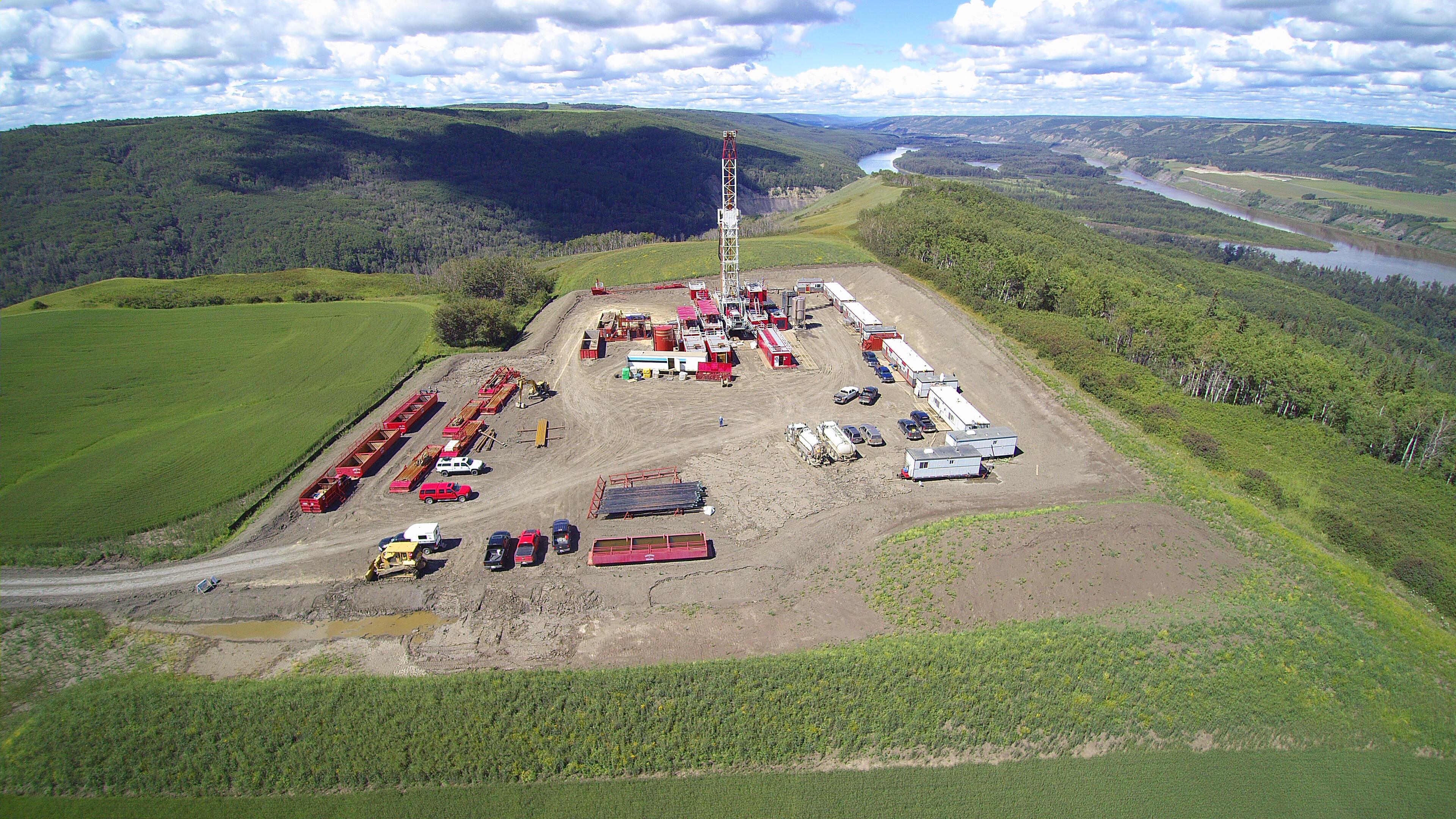Western Energy Services Corp. faces a familiar hurdle of most energy services companies: Scope 3 emissions. Scope 3 covers the environmental impact of a company’s value chain instead of its own assets or operations.
It can be more than 95 percent of the energy service industry's total emissions inventory and is usually attributed to fuel burned from owned sources but under the operational control of the customer.
This presented a unique, capital-intensive challenge for Calgary-based Western Energy. This challenge required Western Energy to find a balance of innovation, planning, and cost control to reduce their emissions.
Alignment on values and vision
In 2021, Western Energy decided to enroll in BMO’s Climate Smart Program because the company’s leadership felt aligned with the training program and its vision.
"Our commitment to transparently track and measure our progress on this journey continues to be a priority for us,” said Alex MacAusland, President and CEO of Western Energy. “I’m proud to work with the leadership of Western Energy as we push the boundaries of what a responsible energy services company can be.”
To be transparent in their ESG reporting, the company needed a platform in which performance metrics are properly accounted for and follow a global standard.
The Climate Smart Program provided Western Energy with the right level of sophistication and introduced their sustainability team to the Greenhouse Gas Protocol. As they looked at their emissions, the company also found that BMO’s one-on-one coaching with qualified technical advisors throughout the inventory-building process was particularly useful.
Finding the right metrics to measure impact
By using Climate Smart, Western Energy’s key results included:
32% emission reductions by using natural gas rig boilers
16% emission reductions by using dual fuel rig engines
32.5% reduction in emissions intensity for every meter drilled
10% fewer emissions per operating hour since 2021 through Eagle Well Servicing and Aero Rentals divisions.
Since their baseline in 2018, Western Energy, through its Horizon Drilling division, has seen a 32.5 percent reduction in emissions intensity for every meter drilled, which is the universal unit of production for the drilling industry.
The company found that the most effective intensity metric for their contract drilling division is tCO2 per meter drilled and were able to use the Climate Smart software to calculate these key metrics.
For their production services business, the company measured emission intensity per operating hour. Since 2021, Western Energy’s Eagle Well Servicing and Aero Rentals divisions have completed jobs with a 10 percent reduction in emission intensity per operating hour.
Broad-based action
With insights from Climate Smart, Western Energy improved its drilling operations overall and added emissions-reducing technology.
For example, the company added natural gas burners on rig boilers, enabling the machinery to run completely on natural gas and reducing carbon emissions by 32 percent. Western Energy also performed dual fuel upgrades on rig engines that can displace diesel with more than 50 percent natural gas, reducing carbon emissions by 16 percent.
In addition, the company upgraded many service rigs to plug into the available electrical grid on lease to run daily office operations, reducing the amount of generator fuel consumed and emissions produced on site.
It is difficult for companies to reduce what they are not able to measure. We are proud that as part of BMO’s ambition to be its clients’ lead partner in the transition to a net-zero world, we were able to help Western Energy discover the right metrics to support the company’s effective climate strategy for the future.
